🌡👶 When climate anxiety leads to childlessness
The sad result of a society soaking in dystopianism
I’ll be honest: I don’t feel much sympathy for the climate worriers featured in the new Los Angeles Times story about young progressives who “are finding it harder to navigate the question of whether or not to have children.” The headline quotes one of them, “It’s almost shameful to want to have children.” The piece is by Jade S. Sasser, an associate professor in the Department of Gender & Sexuality Studies at UC Riverside. It's an excerpt from her recent book, Climate Anxiety and the Kid Question: Deciding Whether to Have Children in an Uncertain Future. As Sasser explains:
These interviewees have more climate change knowledge than most people do. All of them are college-educated; most of them either grew up or have lived for some time in Southern California; and most have taken environmental studies classes, either as undergrads or in graduate school.
Their experiences as members of marginalized groups have shaped their experiences with climate emotions like anxiety, fear, and trauma — as well as hope and optimism.
Here’s Victoria, a 22-year-old from a Ghanaian immigrant family with an undergraduate degree in environmental sustainability. "I've always questioned bringing people into an environment [where] so much is going on politically, socially, health-wise, all of that."
Bobby, 22, is another sustainability grad, and he’s learning toward being a foster parent “because it wasn't my choice to have that kid, but I can help guide them to have a better life. The environment is really the deciding factor for me."
Likewise Elena, who is interested in environmental policy and has decided against having kids: "I don't want them to grow up and have to leave their home because of sea level rise. Or be worried because of really weird weather patterns." T
And, finally, Melanie, 26, whose quote made the headline: "With climate change, we're the driving force of things breaking down, but then also, the planet's going to do what the planet's going to do. … So … it almost feels, like, kind of shameful to want to have children."
One way to approach these sufferers of climate anxiety is offered by Anastasia Berg, a philosophy professor at the University of California, Irvine and a co-author of “What Are Children For? On Ambivalence and Choice.” In a recent min-podcast for the New York Times, “Why Have Kids? A Liberal Case for Natalism,” Berg urges folks like Victoria, Bobby, Elena, and Melanie to reconsider their hesitancy about having children. She argues that this personal decision has an important public aspect: It’s a powerful way to shape the future. By raising children with progressive values, parents can directly influence the next generation and, by extension, the world they'll inherit. This way, individuals can actively participate in creating the future they envision and desire. Berg then suggests that if progressive-minded people choose not to have children, it could lead to a demographic shift where conservative values become more dominant in future generations. Berg:
We also have to realize that the possibility of a better future is conditioned on the possibility of having a future at all. That means, some people have to behaving children. And if you want those children to share in the values that you yourself hold, you probably want some of those people to be the kind of people that you yourself are.
I’m sure Berg is aware of the growing divergence in birth rates between religious and secular populations, with religious groups maintaining higher fertility rates, a phenomenon which may lead to significant demographic changes in the future — not to mention political ones. As my AEI colleague Jesús Fernández-Villaverde has written, “Go to any traditional Catholic parish and you’ll see legions of young children bursting out of Ford Transit Minivans. A park in a Hasidic neighborhood teems with playing children, but a park in Greenwich Village will only feature thirty-year-olds doing yoga.”
Berg would like a different scenario to play out in Greenwich Village. And maybe playing the political angle on an extremely politicized group might work. Do you want the Trumpers and the kids to own the future? I mean, basically.
But maybe there’s a better path to disabuse the climate anxious of their dystopian expectations and outlooks. Here’s one framing of the issue that I like to employ — one with the key benefit of being both positive and reality-based:
Imagine if we had known about climate change a century ago, with its predicted impacts already occurring. What could we have done in a world just discovering combustion engines and beginning electrification? Predicting carbon emissions without computer modeling would've been impossible. Clean nuclear energy wasn't even conceivable, with radioactivity newly discovered. Today, however, technological progress offers options for clean, abundant energy—including solar, advanced nuclear, and geothermal — as well as geoengineering solutions like solar radiation management and carbon capture. Our current situation, while challenging, isn't as dire as it would have been a century ago. The future doesn't need to be frightening. We have the tools, now all we need is the will. Our decisions matter. We can create a great future for ourselves and our kiddos. Let’s go! Faster, please!
I hope the Gen Z pessimists features in the LA Times are the last willing victims of the Down Wing, eco-pessimistic, techno-pessimistic environmental movement of the late 20th century and its willing cultural collaborators in Hollywood and the media. I say “willing” because these are educated people who could easily break out of their dystopian bubbles and echo chambers with a bit of effort and desire. (I wonder if they realizes global population be hitting a peak mid-century.) I mean, how hard is it to discover a site like Our World in Data where they would find all sorts of well-presented information that shows the world is getting better in all sorts of ways, including global poverty, health, and the environment.
Finally, this: With more people comes more progress. Stanford economist Charles I. Jones's 2020 paper outlines the "Empty Planet" scenario: Declining population slows economic growth and technological progress, leading to stagnation and further population shrinkage. The optimistic alternative is the "Expanding Cosmos": Sustained population growth fuels innovation and technological advancement, creating a virtuous circle of economic growth, rising living standards, and expanding civilization.
I guess this is my message: Kids can make the future more certain in the best possible and most wonderful way. And it’s shameful to tell young people the opposite.
On sale everywhere ⏩ The Conservative Futurist: How To Create the Sci-Fi World We Were Promised
Micro Reads
▶ Business/ Economics
Amazon Unwinding WFH Won't Cure Productivity Blues - Bberg Opinion
The impact of AI on the workforce: Tasks versus jobs? - ScienceDirect
BlackRock, Microsoft Partner on Massive New AI Infrastructure Fund - WSJ
▶ Policy/Politics
Building America’s Applied AI Workforce: Strategies for Effective Technology Diffusion - Mercatus Center
▶ AI/Digital
▶ Clean Energy/Climate
AI Heralds a New Deal for Old Coal Plants - Bberg Opinion
▶ Space/Transportation
▶ Up Wing/Down Wing
▶ Substacks/Newsletters
Four thoughts on Eurosclerosis - Noahpinion
Will Generative AI Startups lead to a New Economy? - AI Supremacy
Housing and the population slowdown - Slow Boring

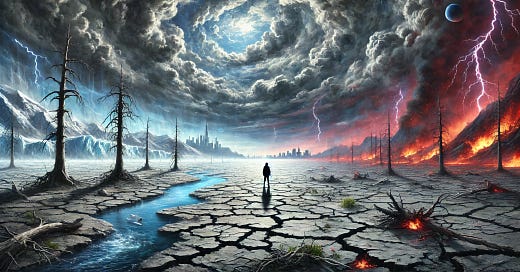



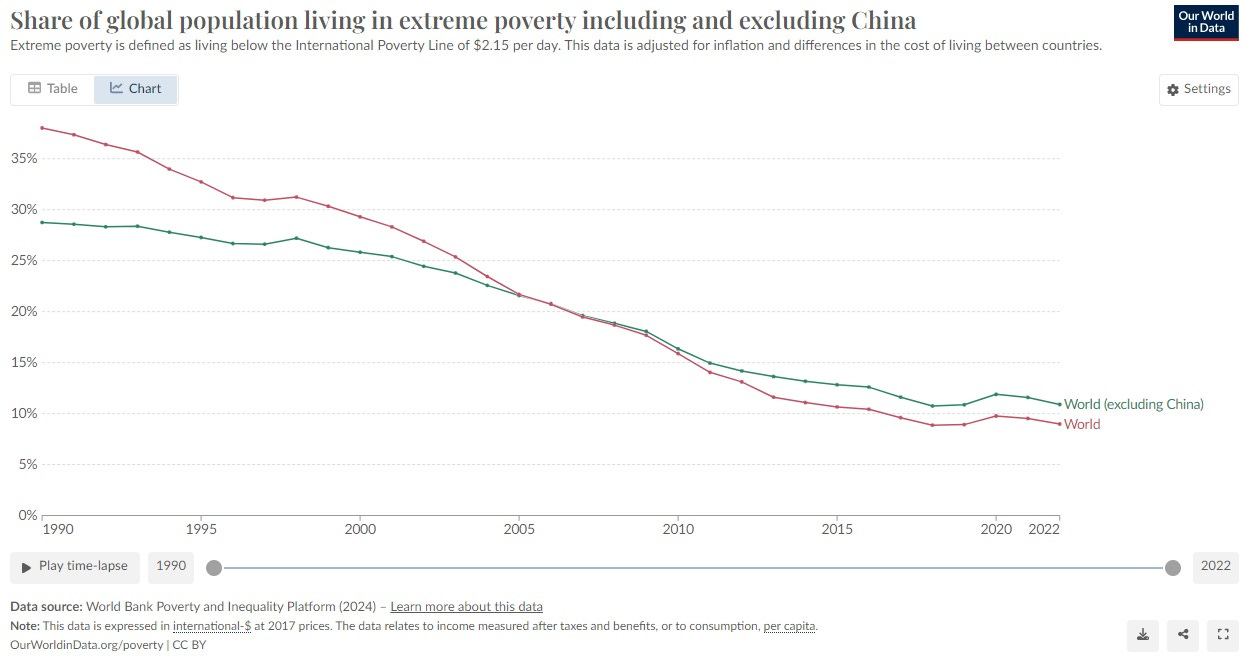
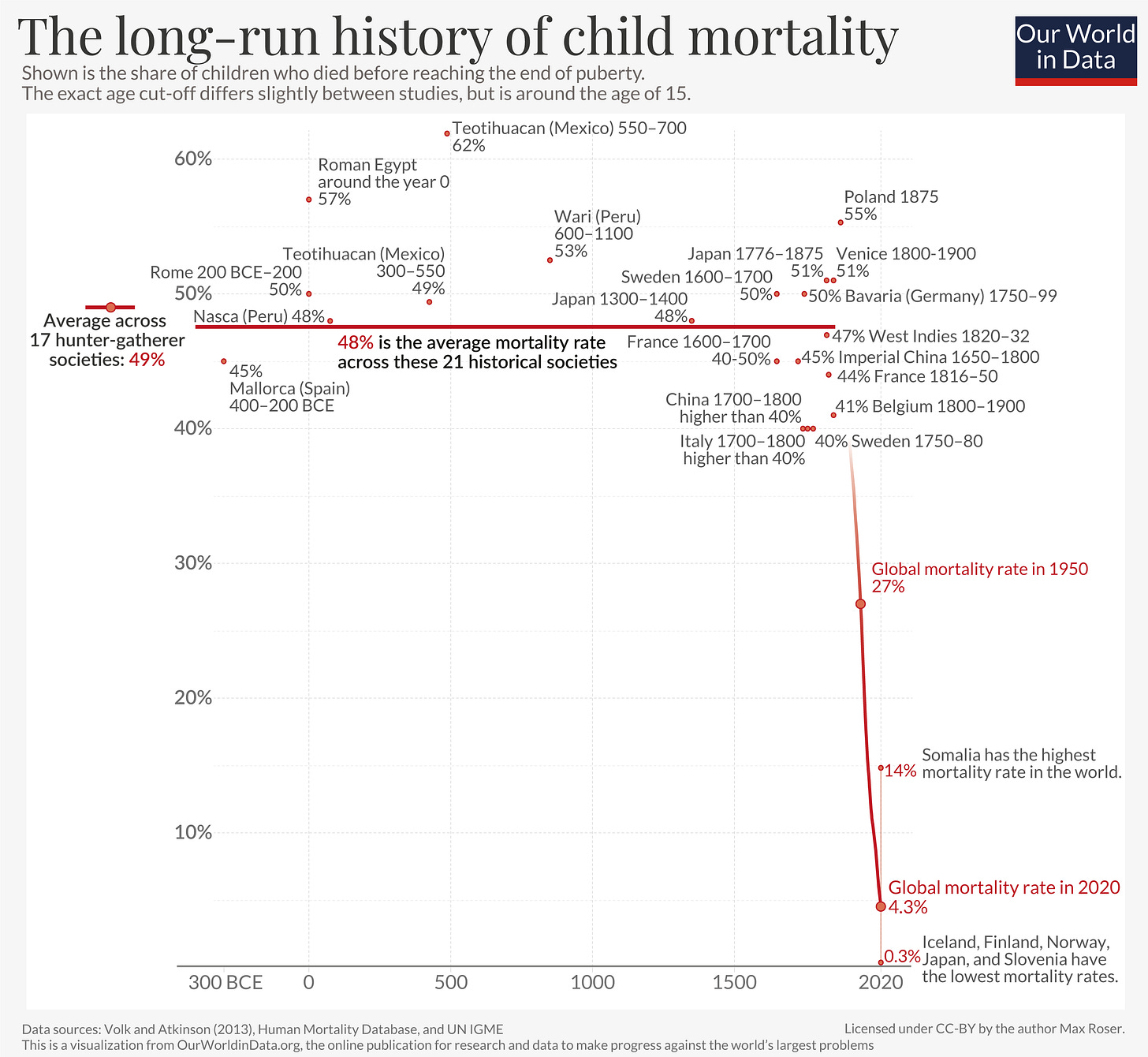
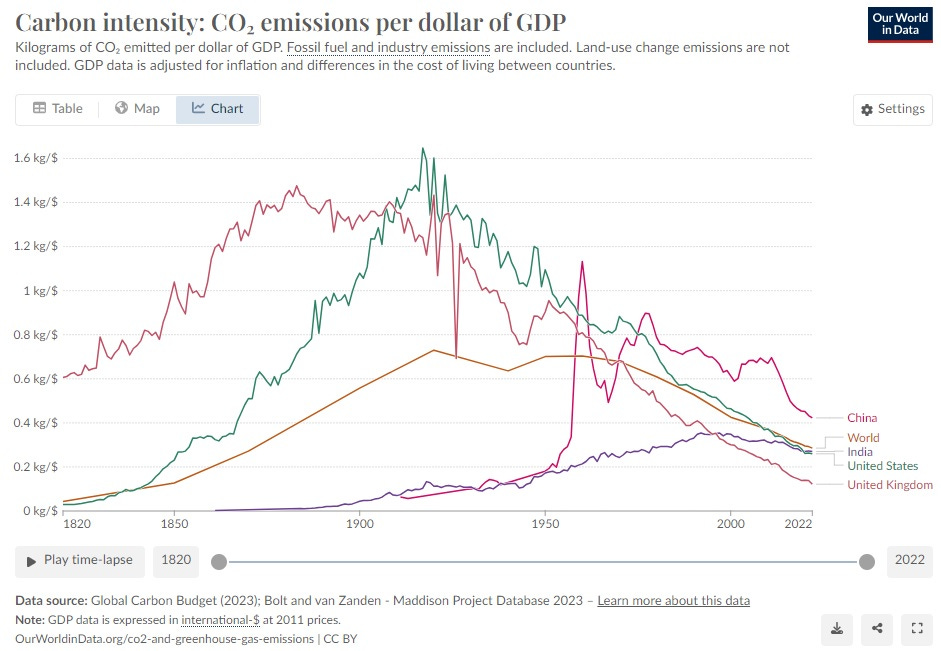
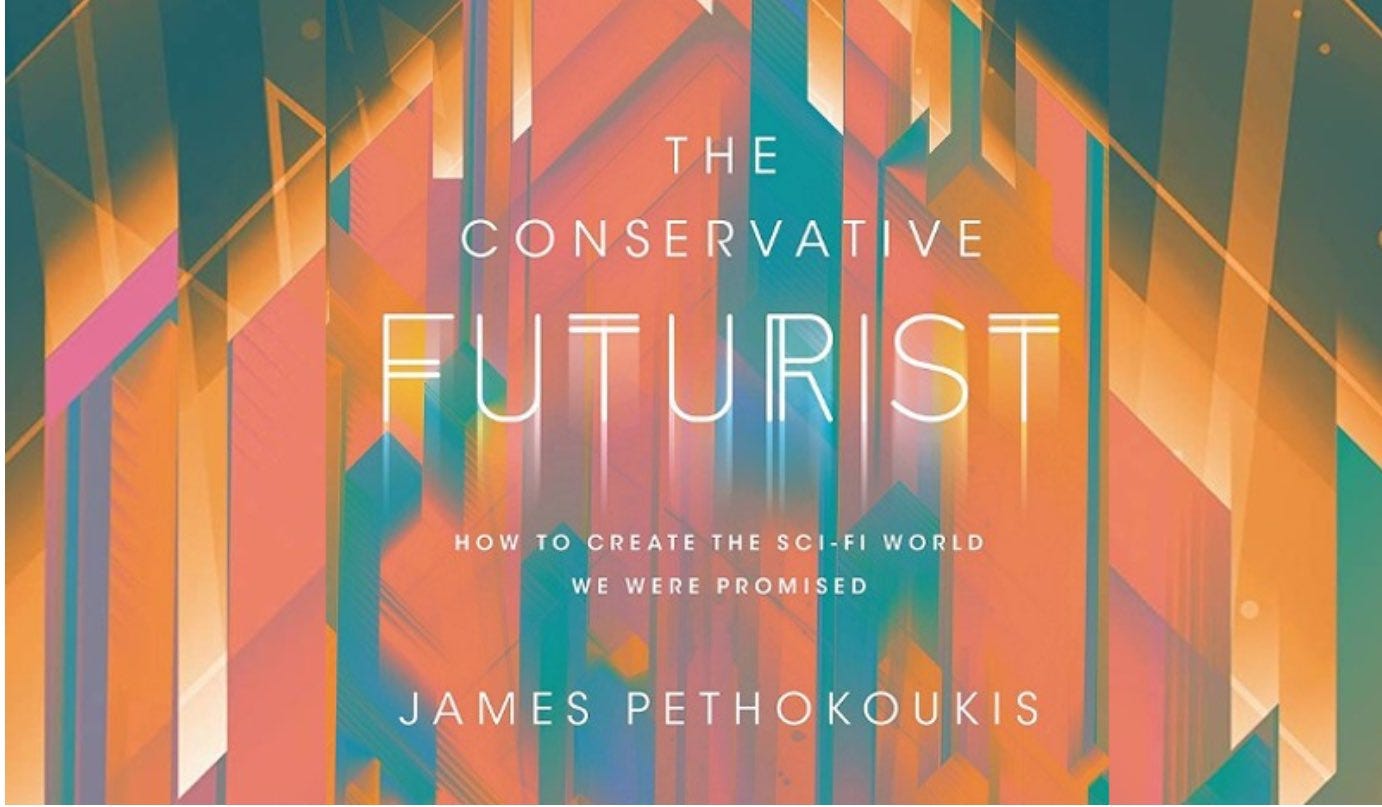
The old cliche is that the future belongs to those that have babies. That won’t be those quoted in the LA Times story. This is a self-correcting problem.
The problem with "progressives" is that they are not progressive at all. They are just hedonistic, nihilistic, virtue signaling folks who couldn't care less about what happens after they die.
I was always worried about the environment, but I could also understand that me not having children isn't going to fix anything. Just like you said, if educated people stop having kids then they surrender the future to the uneducated.
So why do they do that? Because they couldn't care less about the future, and would rather just virtue signal about saving the planet by not having kids, while actually they don't want any as it's going to mess up their comfy hedonistic lives. I get it, I am naturally hedonistic myself.